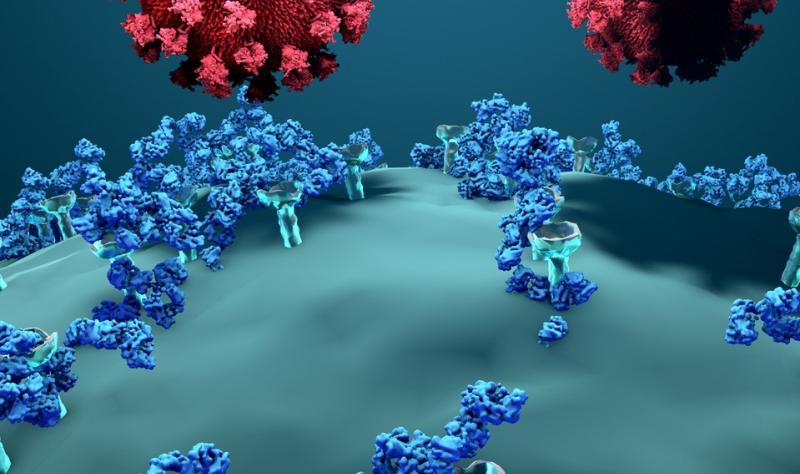Brendan Burgess
Founder
- Messages
- 52,045
An interesting article in today's Irish Times which raised a question, I had wondered about.
:quality(70)/cloudfront-eu-central-1.images.arcpublishing.com/irishtimes/NM5DFSJN5E7JRQYKIK6HBAZN3E.jpg)
 www.irishtimes.com
www.irishtimes.com
A study on healthcare workers in Oxford, published last week in the New England Journal of Medicine, showed that only two workers out of 1,265 [ original article had a typo] that had previous confirmed SARS-CoV-2 infection became re-infected and both were asymptomatic, whereas there were 223 infections among 11,364 workers that had not previously been infected with SARS-CoV-2.
This study suggests that natural infection confers 100 per cent protection against Covid-19 disease and also gives very good protection against SARS-CoV-2 infection.
Brendan
:quality(70)/cloudfront-eu-central-1.images.arcpublishing.com/irishtimes/NM5DFSJN5E7JRQYKIK6HBAZN3E.jpg)
Covid vaccine could be conserved by excluding the already infected
People who have recovered from infection have already generated a protective immune response to the virus
A study on healthcare workers in Oxford, published last week in the New England Journal of Medicine, showed that only two workers out of 1,265 [ original article had a typo] that had previous confirmed SARS-CoV-2 infection became re-infected and both were asymptomatic, whereas there were 223 infections among 11,364 workers that had not previously been infected with SARS-CoV-2.
This study suggests that natural infection confers 100 per cent protection against Covid-19 disease and also gives very good protection against SARS-CoV-2 infection.
Brendan
Last edited:

